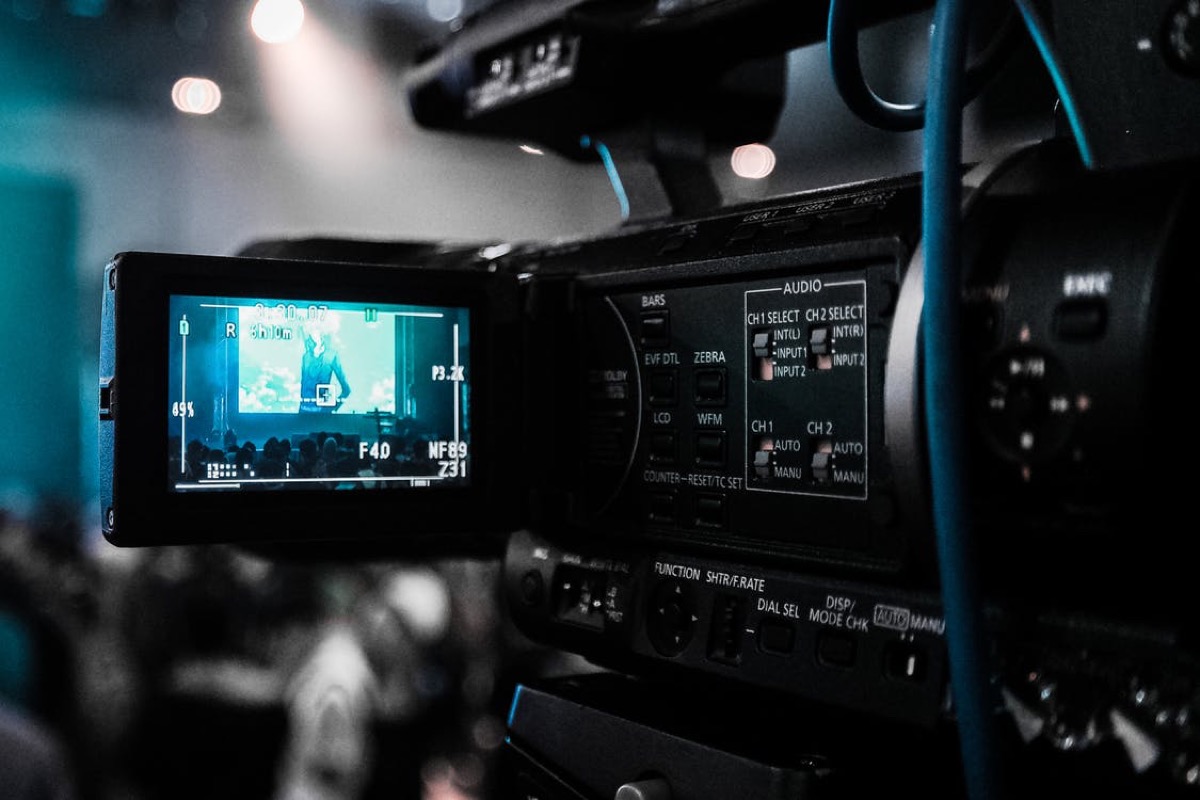What Game-Changing Women Told Us About Progress in the Movie and TV Industries at Comic-Con

One of our favorite panels last month at San Diego Comic-Con was “Hollywood Gamechangers: A Conversation with Creative Women Behind Popular Films and TV Projects.” While panels of writers and actresses are pretty common at big cons, it’s still a rarity to see an entire panel of women working behind the scenes. Like many male-dominated fields, the film industry is notoriously tricky for women, but luckily, that’s something that’s changing.
The women of the panel, which included Game of Thrones sound designer Paula Fairfield and Clueless costume designer Mona May, discussed how their work behind the scenes is just as much about story and character as a writer or director, as well as the challenges of working as mothers, or as women of color in an already challenging industry. I always love content that gets into the craft behind film and television, and getting an added dose of feminism and representation with that was great. After the panel, we were able to chat with some of these awesome women to find out how the industry has evolved for women and what women, and Hollywood at large, can do to keep things changing for the better.
**Find the rest of The Mary Sue’s coverage straight from the floor of San Diego Comic-Con 2019, right here!**
Overall, the news is good for women working behind the scenes—or at least, things have consistently improved, especially in the eyes of veterans of Hollywood like Mona May, who’s been part of the industry for decades. “It’s better and better and better—the awareness that women are part of this process and our voices have to be heard,” May said.
Meghan Kasperlik, an Emmy-nominated costume designer and 15-year veteran of the industry, agreed. “I feel now that women have a voice that’s being heard,” Kasperlik explained, noting that, fifteen years ago, one or two women might be there in the room, but they weren’t heard or respected. Kasperlik’s work will soon be seen on HBO’s Watchmen, where she noted there was a significant number female directors and department heads “Getting those department heads in there” is important, Kasperlik explained when it comes to inclusion and creating a positive environment for women: “It starts from the top.” Women are not only getting more jobs in Hollywood, but they’re being respected and treated better.
Judy Rhee, production designer on Better Call Saul and veteran of Jessica Jones, among others also noted that things have changed for the better for women over the course of her career. “I think it’s changed,” Rhee said, “There are a lot more women in different positions across the board…There is an awareness to be more inclusive for women for sure.” One element that has affected how women are treated in the industry is the #MeToo movement, which shone a light of harassment across all industries, but started with Hollywood. “I think the #MeToo movement has absolutely helped across the board,” Rhee said. “What #MeToo has done is put it in the forefront of everyone’s consciousness,” Rhee went on. “Of course, women have been thinking about this for years, but for men specifically…definitely that is a place I’ve seen huge change.”
Rhee, another longtime veteran of Hollywood, cannily noted that the increased opportunities for women behind the scenes are mainly happening in the television realm, and that comes in part from the sheer volume of content being produced. Female directors are getting more and more shots behind the camera on great shows, and it’s changing the industry. “They’ve just been silently waiting at the wings. It’s just now because of the quantity of demand and the content.”
This deluge of content is allowing women to break into areas in Hollywood where they previously haven’t had much, if any, representation. For decades, women have dominated fields like costume and set design—more traditionally female and domestic areas—but now, women are showing up more and more in fields like production design, sound, effects, and post-production.
There’s still major work to do before achieving parity, however. “One place I haven’t seen that much change is in the DP section,” Rhee noted, while other panelists shared that lighting, electric, and camera work was still very much a man’s world. On the other hand, costuming, script supervision, and set decorating are all female-dominated areas, but more men are showing up there, showing that equality works both ways.
So, what can women in the industry, and Hollywood, do to help women and other marginalized groups aspiring to these roles? It all comes down to “giving education and opportunity,” according to Kasperlik. Internships and industry programs specifically aimed at women and minorities exist, but we need more of them. Rhee noted that Hollywood unions need to step up when it comes to supporting and welcoming new workers, and also giving them tools and the connections to succeed.
But it’s also about women being there for other women, according to Rhee—offering mentorship and openly discussing compensation and what a woman is owed for her work. “Secrecy isn’t working for us,” Rhee said. Whether it’s calling out harassment or sharing pay data, only the bad guys win when women are silent. But, in an industry where women have struggled for so long, they’re clocking more and more wins, and that’s definitely a gamchanger.
(image: Donald Tong on Pexels)
Jessica Mason is a writer and lawyer living in Portland, Oregon passionate about corgis, fandom, and awesome girls. Follow her on Twitter at @FangirlingJess.
Want more stories like this? Become a subscriber and support the site!
—The Mary Sue has a strict comment policy that forbids, but is not limited to, personal insults toward anyone, hate speech, and trolling.—
Have a tip we should know? tips@themarysue.com